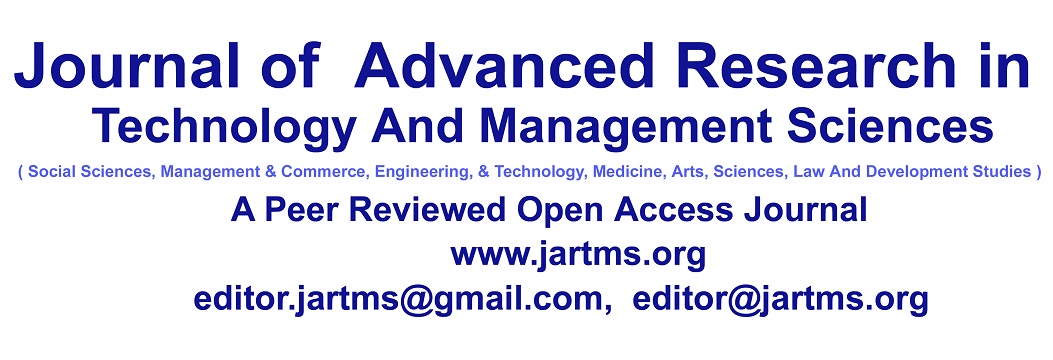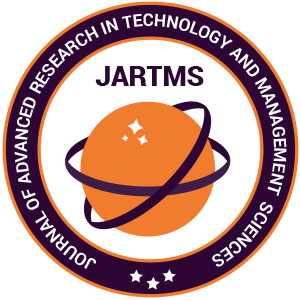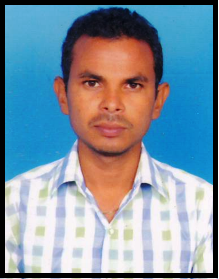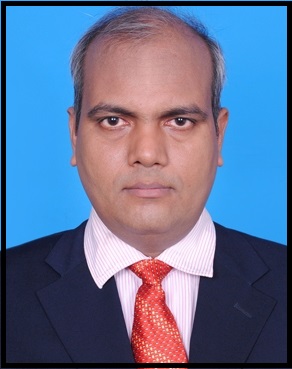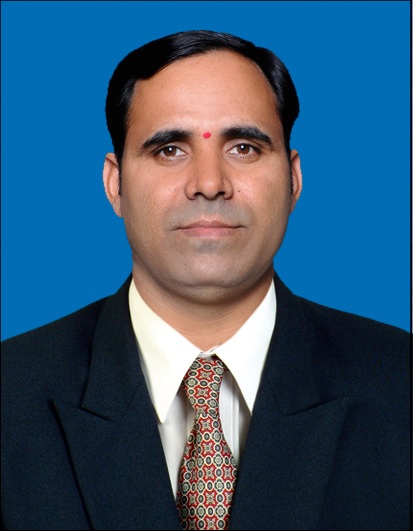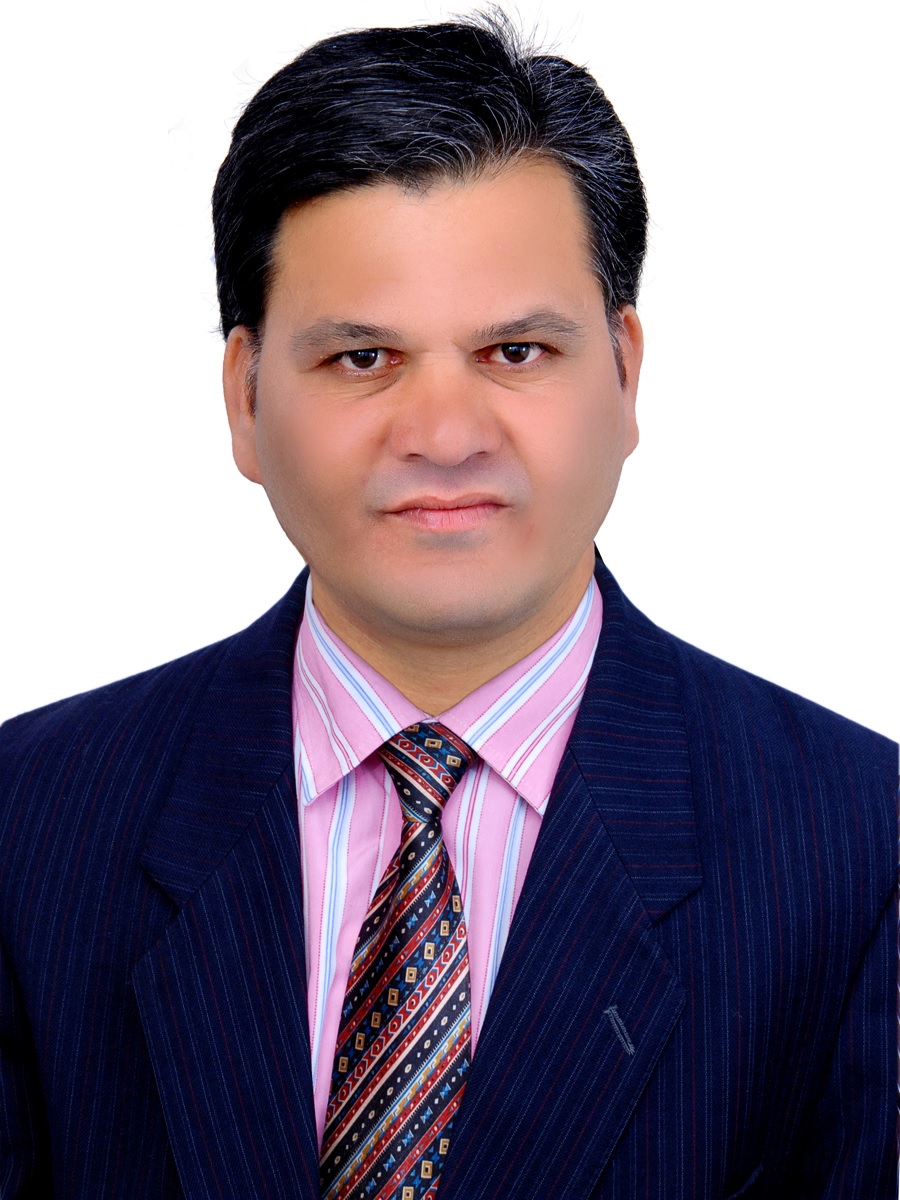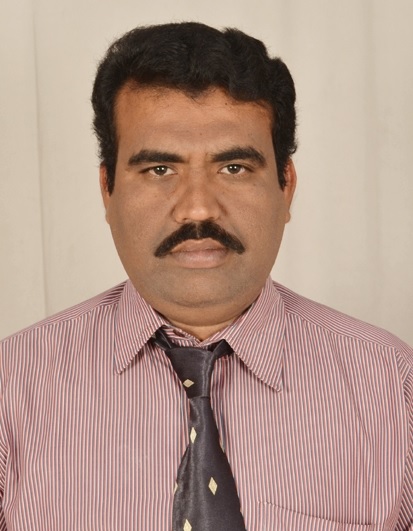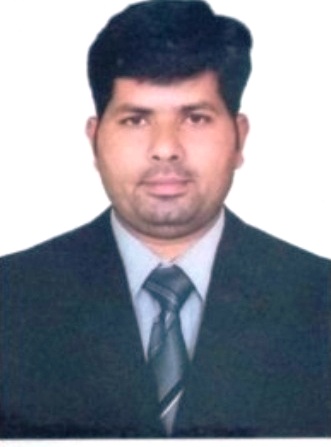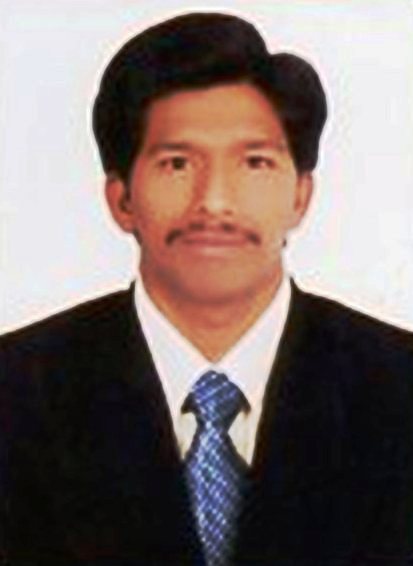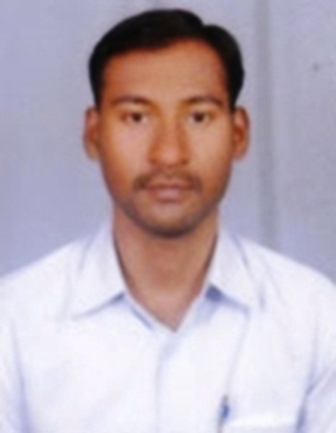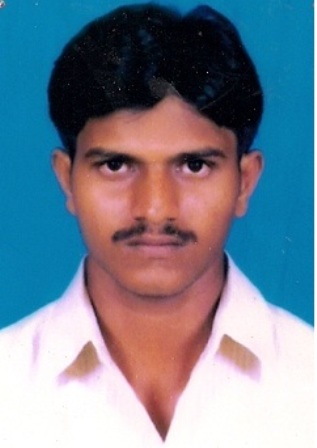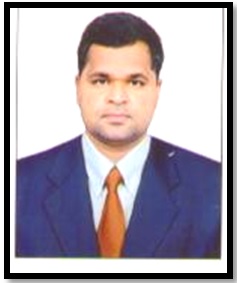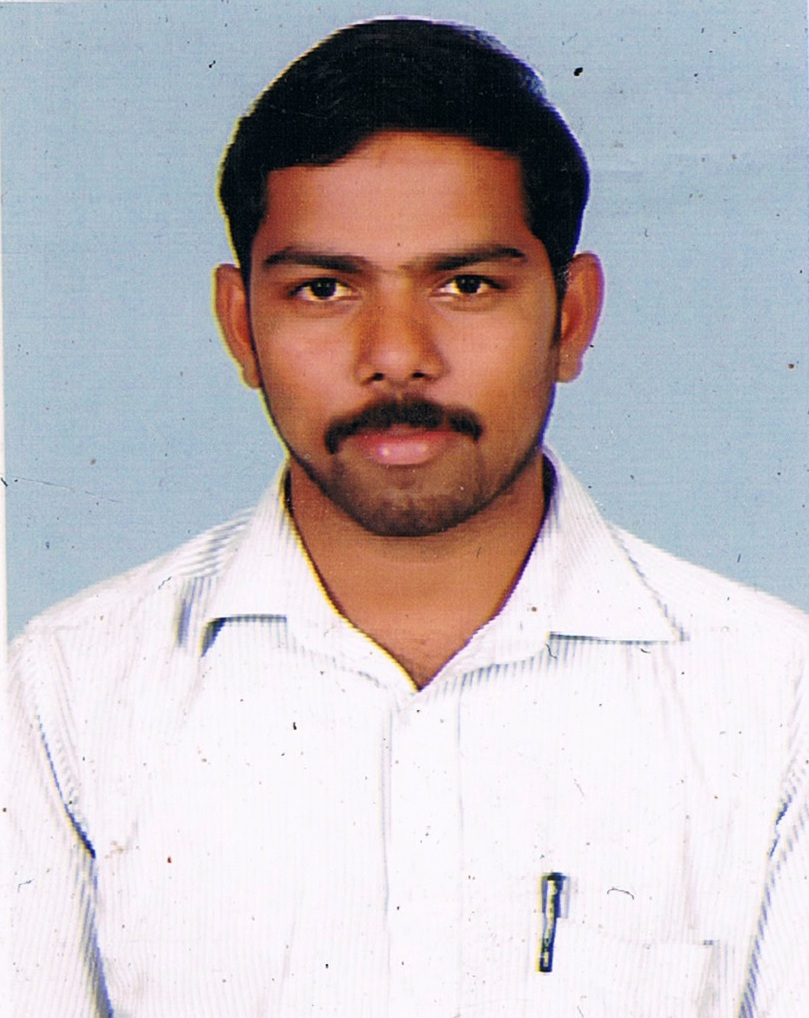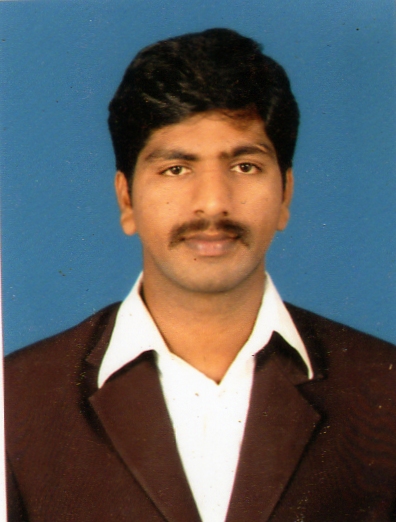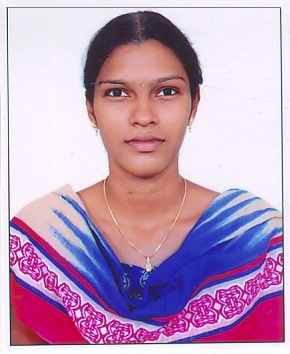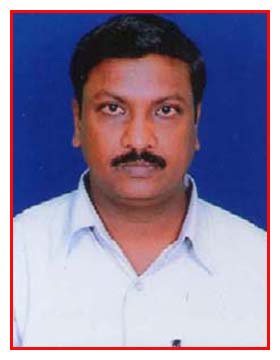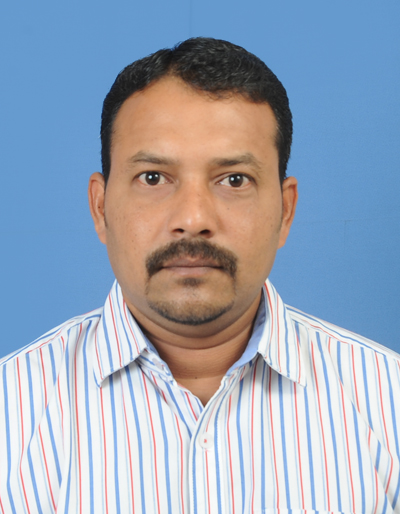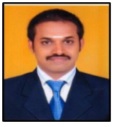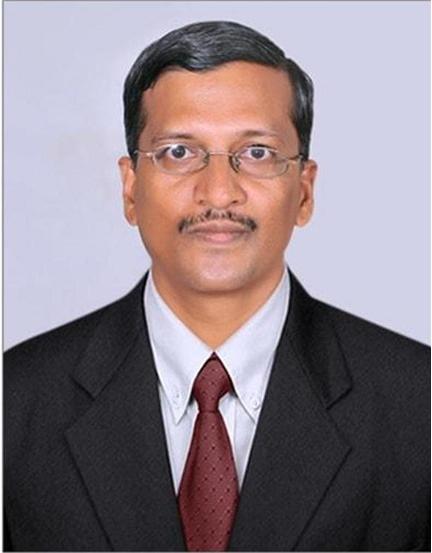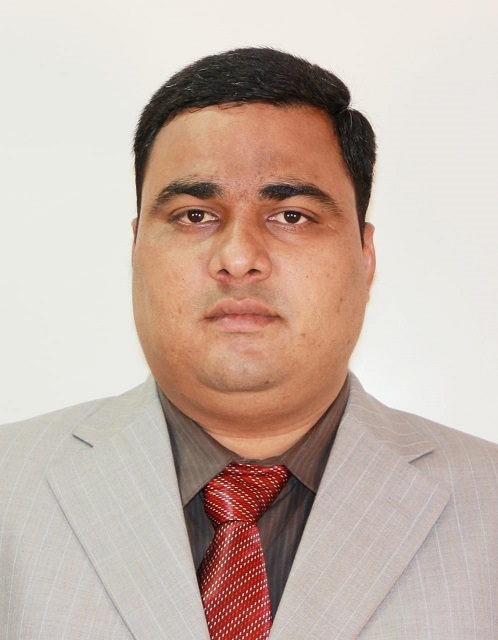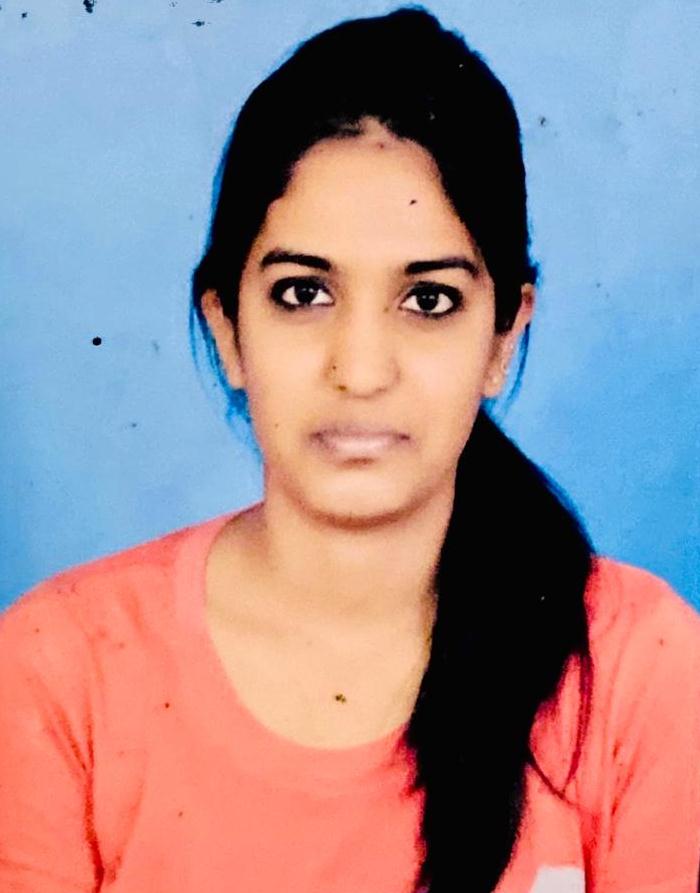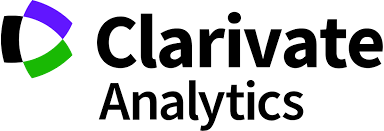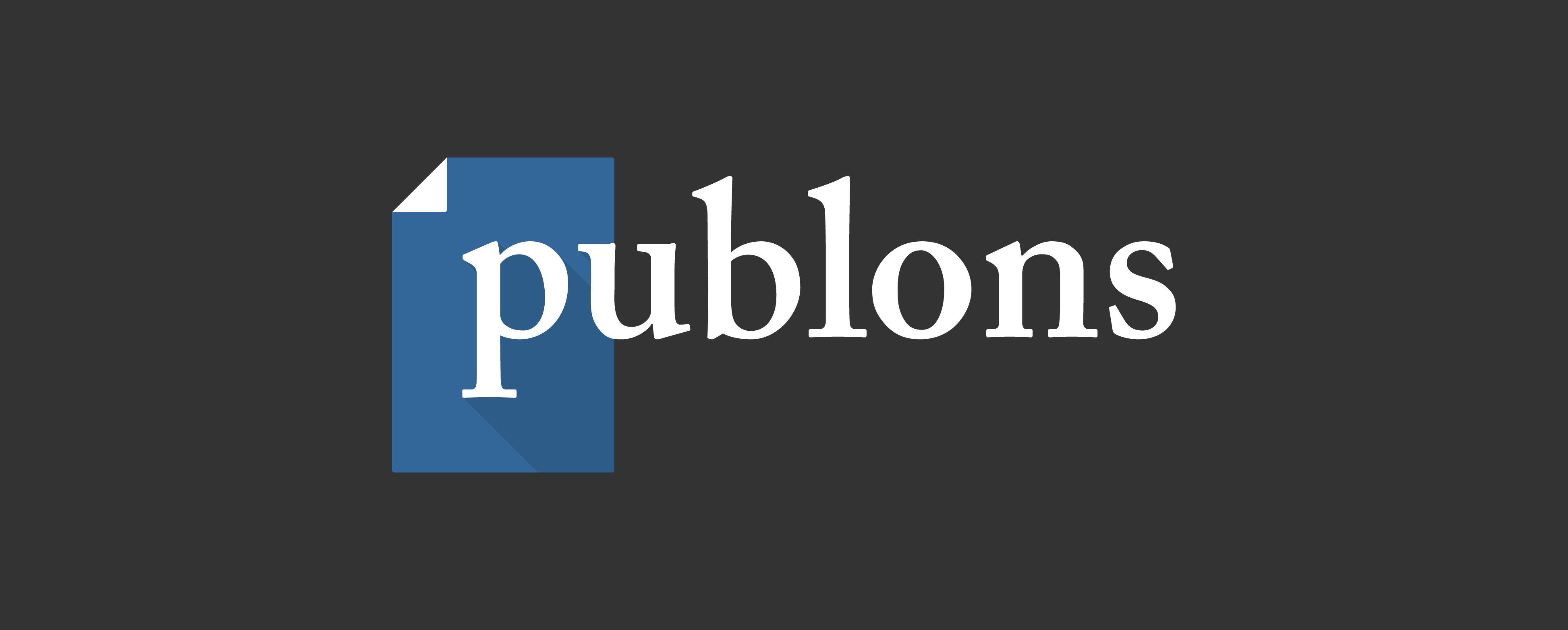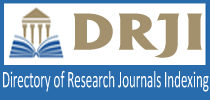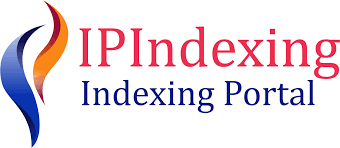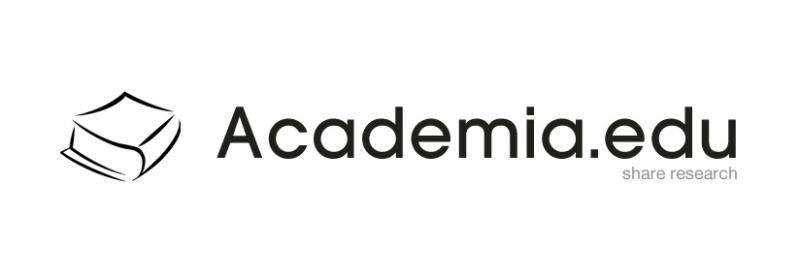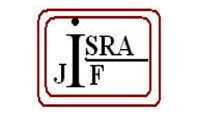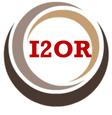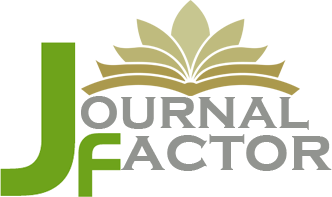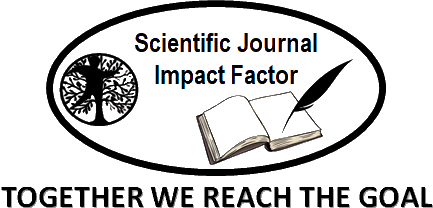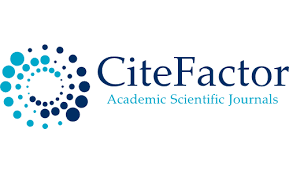Privacy Policy
PRIVACY POLICY
Users can browse and view www.jartms.org website without providing any personal information. Third parties are not allowed to see users’ personal information unless otherwise approved by the users. As per the principle of a journal, we never share or sell any personal data to anybody. We try to provide all possible cyber-security (possible by us) to protect all the information of the users. But the reality is that no website is 100% hacking proof. Therefore, JARTMS will not be responsible for any loss/theft of data, personal information, email ID, password, etc. and any kind of subsequent losses arising from these hacking, theft etc.
Publication of an article in the Journal of Advanced Research in Technology and Management Sciences (ISSN:2582-3078) is intrinsically an open process. Immediately after publication of a manuscript, the name and email addresses of corresponding authors will be available to website users with the sole purpose to facilitate scientific communication. Collecting these email addresses for commercial use is strictly prohibited.
EDITORIAL POLICY
The editor should give unbiased consideration to all manuscripts offered for publication, judging each on its merits without regard to race, gender, religious belief, ethnic origin, citizenship, or political philosophy of the author(s). The editor has complete responsibility and authority to accept a submitted paper for publication or to reject it. The editor may confer with reviewers for an evaluation to use in making this decision. The editor and the editorial staff should not disclose any information about a manuscript under consideration to anyone other than reviewers and potential reviewers. The editor should respect the intellectual independence of authors.
The editor should avoid situations of real or perceived conflicts of interest. Such conflicts include, but are not limited to, handling papers from present and former students, from colleagues with whom the editor has recently collaborated, and from those in the same institution. Unpublished information, arguments, or interpretations disclosed in a submitted manuscript should not be used in an editor's own research except with the consent of the author. If the editor is presented with convincing evidence that the main substance or conclusions of a paper published in the journal are erroneous, the editor should facilitate publication of an appropriate paper pointing out the error and, if possible, correcting it.
REVIEWERS POLICY
The unpublished manuscript is a privileged document. Please protect it from any form of exploitation. Reviewers are expected not to cite a manuscript or refer to the work it describes before it has been published, and to refrain from using the information it contains for the advancement of their own research. A reviewer should consciously adopt a positive, impartial attitude towards the manuscript under review. Your position should be that of the author's ally, with the aim of promoting effective and accurate scientific communication. If you believe that you cannot judge a given article impartially, please return the manuscript immediately to the editor with that explanation.
A reviewer should not discuss a paper with its author/s. If you want to consult a colleague or junior please discuss this with us first. Please do not make any specific statement about the acceptability of a paper in your comments for transmission to the author, but advise the editor on a sheet provided. In your review, please consider the following aspects of the manuscript as far as they are applicable:
- Scientific reliability
- Importance of the question or subject studied
- Originality
- Adequacy of abstract, keywords.
- Results relevant to a problem posed? Credible? Well presented?
- Soundness of conclusions and interpretation.
- Overall presentation (including writing style, clarity of writing)
- In comments intended for the author's, criticism should be presented dispassionately, and abrasive remarks avoided.
- Suggested revisions should be couched as such, and not expressed as conditions of acceptance. Please distinguish between revisions considered essential and those judged merely desirable.
Your criticism, arguments, and suggestions concerning that paper will be most useful to the editor if they are carefully documented. You are not requested to correct mistake/s in grammar, but any help in this regard will be appreciated. The editor gratefully receives a reviewer's recommendations, but since the editorial decisions are usually based on evaluations derived from several sources, a reviewer should not expect the editor to honor his or her every recommendation.
PEER REVIEW POLICY
Peer review is intended to improve the accuracy, clarity, and completeness of published manuscripts and to help editors decide which manuscripts to publish. Peer review does not guarantee manuscript quality and does not reliably detect scientific misconduct. Peer reviewers should be experts in the manuscript’s content area, research methods, or both; a critique of writing style alone is not sufficient. Peer reviewers should be selected based on their expertise and ability to provide high quality, constructive, and fair reviews. For research manuscripts, editors may, in addition, seek the opinion of a statistical reviewer. Peer reviewers advise editors on how a manuscript might be improved and on its priority for publication in that journal. Editors decide whether and under which conditions manuscripts are accepted for publication, assisted by reviewers’ advice.
Peer reviewers are sometimes paid for their efforts but usually provide their opinions free of charge, as a service to their profession. Editors should require all peer reviewers to disclose any conflicts of interest, financial or otherwise, related to a particular manuscript and should take this information into account when deciding how to use their review. Generally speaking, people with a direct financial interest in the results of the manuscripts should not be reviewers. To be considered peer-reviewed, a journal should have obtained external reviews for the majority of manuscripts it publishes, including all original research and review articles. Some editors request peer review for other kinds of articles, such as opinion pieces (commentaries/editorials) and correspondence. To have been peer-reviewed, a manuscript should have been reviewed by at least one external reviewer; it is typical to have two reviewers and sometimes more opinions are sought. Editors of peer-reviewed journals need not send all submitted manuscripts out for review. Manuscripts that seem unlikely to be published in that journal may be returned to authors without external review, to allow authors to submit the manuscript to another journal without delay and to make efficient use of reviewers’ and editors’ time.

